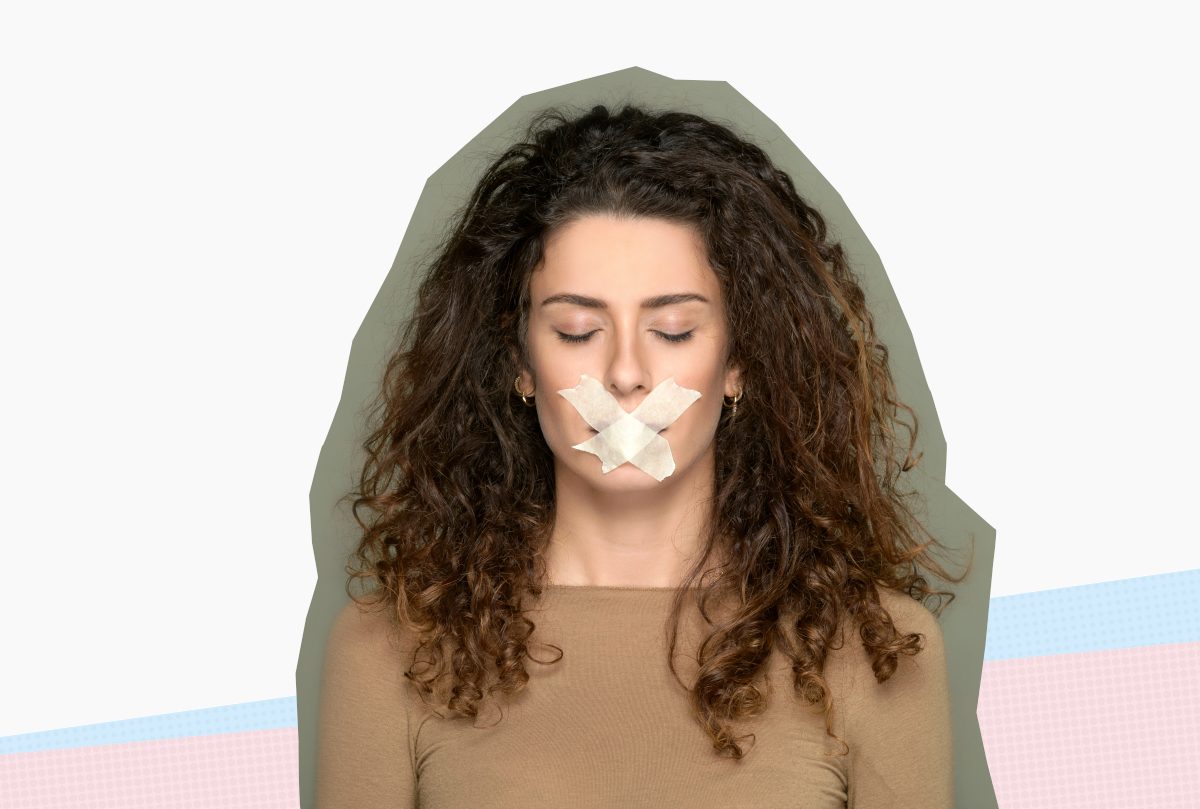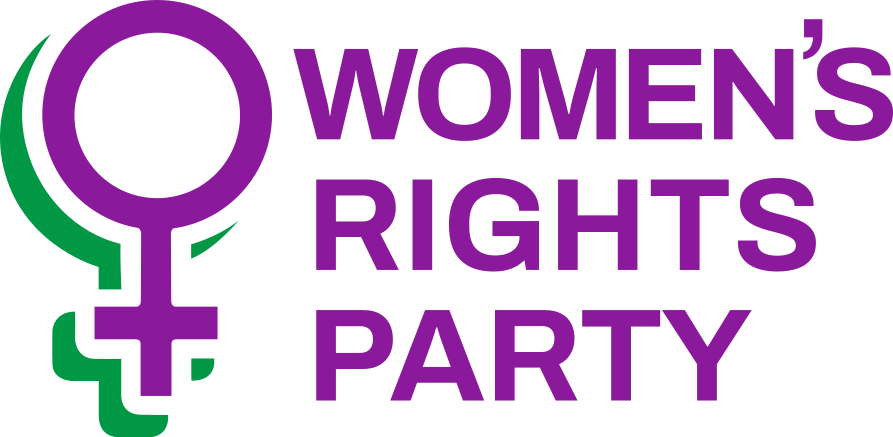Women’s Rights Party Submission to New Zealand Parliament in regard to Safer Online Services and Media Platforms

The Women’s Rights Party welcomes the opportunity to submit a response for the Safer online services and media platforms consultation. We support freedom of expression, to enable and support New Zealanders to create and share content, and access platforms and services. We have some concerns about the unintended negative repercussions of some of the proposed actions described in the consultation document.
The Women’s Rights Party is focused on issues that directly impact women and girls. We recognise that such interests are wide ranging, including women’s sex-based rights, women’s healthcare and wellbeing, our children’s education, and recognition of women’s contributions to society. The Women’s Rights Party honours the women of Aotearoa NZ, who won the right to vote in 1893, the first self-governing nation in the World to legislate women’s suffrage.
The Women’s Rights Party has formed out of a concern for the erosion of the rights of women and girls and is currently going through the registration process to be on the ballot in this year’s General Election. We support working towards a society in which women are autonomous, and all women, men and children can live in harmony with each other to protect the Planet and the future for our children and their children.
Our feedback is below.
1. Defining unsafe or harmful content
1.1 As described in the consultation document the issue of who finds what content offensive or hurtful is open to a wide interpretation. Defining physical harm is of course uncomplicated, but “social, emotional and mental wellbeing” is impossible to define accurately or carefully enough to regulate without impinging on free speech rights. Disagreeing with someone in an online conversation can now be described as harmful or unsafe. The definition of hate or harmful speech is not objective but entirely
subjective which makes monitoring or regulation impossible.
1.2 Currently we are seeing situations in NZ (and globally) where actual physical harms done to women are often ignored, and their rights to gather, or speak have been curtailed,
while at the same time complaints from people who claim harm because they feel offended appear to be taken more seriously. This is not a safe situation for women, and we do not feel reassured by the measures proposed in the consultation document. On the contrary we see these measures as having the potential to further silence women.
1.3 The mainstream media in Aotearoa NZ has been promoting and grossly overinflating the unjustified fears of “harm” which have been uncritically echoed by some politicians, and activists. This has had the effect of silencing any dissenting voices, and censoring conversations about certain topics that urgently need discussion.
1.4 How safeguards can be put into place to cover such a broad range of “risk profiles” in terms of social media content without unnecessary censorship is unclear, and we find this concerning.
1.5 Expression of individual beliefs, opinions, and experiences that other people dislike or disagree with is not something that requires either legislation or a punitive approach.
1.6 The Women’s Rights Party sees the proposal for Safer online services and media latforms in its current form as a proposal that will punish already disempowered speakers and dissenting perspectives.
1.7 We support freedom of speech, and its purpose, as described by Nadine Strossan and Greg Lukianoff, “Freedom of speech, from its beginning, has been to enable people to sort things out without resorting to violence.”1Free speech does not equal violence: Part 1 of answers to bad arguments against free speech from Nadine Strossen and Greg Lukianoff
1.8
“Redefining the expression of opinion as violence is a formula for a chain reaction of endless violence, repression, and regression.”2Free speech does not equal violence: Part 1 of answers to bad arguments against free speech from Nadine Strossen and Greg Lukianoff
1.9 The obvious failure of the proposals in this consultation document to understand that free speech is a method of resolving disagreements by using words and discussion is alarming.
2. Human rights and protections
2.1 Freedom of expression and a free press are critically important. Unfortunately, it has been our experience for the past few years that the rights to freedom of expression have not been enjoyed by the women in New Zealand who have been trying to stand up for their sex–based human rights, and for child safeguarding.
2.2 The Women’s Rights Party is concerned that certain perspectives, views, and speech will be silenced and our experience shows us clearly who will be negatively affected.
2.3 Free speech protects minority opinions, and unpopular opinions. Without free speech minority rights may be threatened. Restricting the scope of public discourse will likely lead to negative consequences rather than harm mitigation.
2.4 In terms of a free press, we also have concerns that the media have been very selective both in what they report and print, and how they have misinterpreted certain speaking events, viewpoints, and meetings held by women. We are not reassured regarding the proposed changes in the consultation document.
3. The proposed Regulator
3.1 The Women’s Rights Party are concerned that there is limited accountability, and a lack of transparency built into these proposals. We support the process of select committee hearings which enable New Zealanders to engage with politicians and have their views heard.
3.2 We note that the proposed Codes of practice have been described as having processes for platforms to remove content ,and reduce the distribution of unsafe content. Again, we would stress that we already have laws that protect New Zealanders against extreme material.
3.3 Codes of practice should be drafted in Parliament and follow the usual process of public consultation.
3.4 We are concerned that the Regulator as an unelected body will not be accountable to the public.
4. Monitoring individual complaints
4.1 The Women’s Rights Party is concerned that money and time will be wasted on investigating large numbers of irrational, and vague complaints. This situation occurred
in the UK where people have been reported because of innocuous tweets that ‘someone’ did not like.
4.2 Reports which may be made without justification, and sometimes with malicious intent, may cause serious harm and inconvenience to the person who is being accused.
4.3 The current climate in Aotearoa NZ appears to support people claiming some sort of moral superiority who seem to be promoting their own belief systems whether they are political, religious, or philosophical. Malicious or unjustified complaints are likely to be made by people who want to silence those with a different viewpoint. A democratic society should not support this censorship.
4.4 The Women’s Rights Party would be interested to understand how wrongful, and malicious complaints would be dealt with if the proposals in the consultation go ahead, particularly in the legal sense.
In conclusion, the Women’s Rights Party does not support the proposals in the Safer online services and media platforms consultation document. What is being proposed is a censorship of necessary debate in a democratic society. We support healthy debate, and as previously noted in terms of extreme material, we already have existing laws to protect New Zealanders from abuse and threats. The Government must act now to actively defend democratic values, and to support and protect open discussion.
